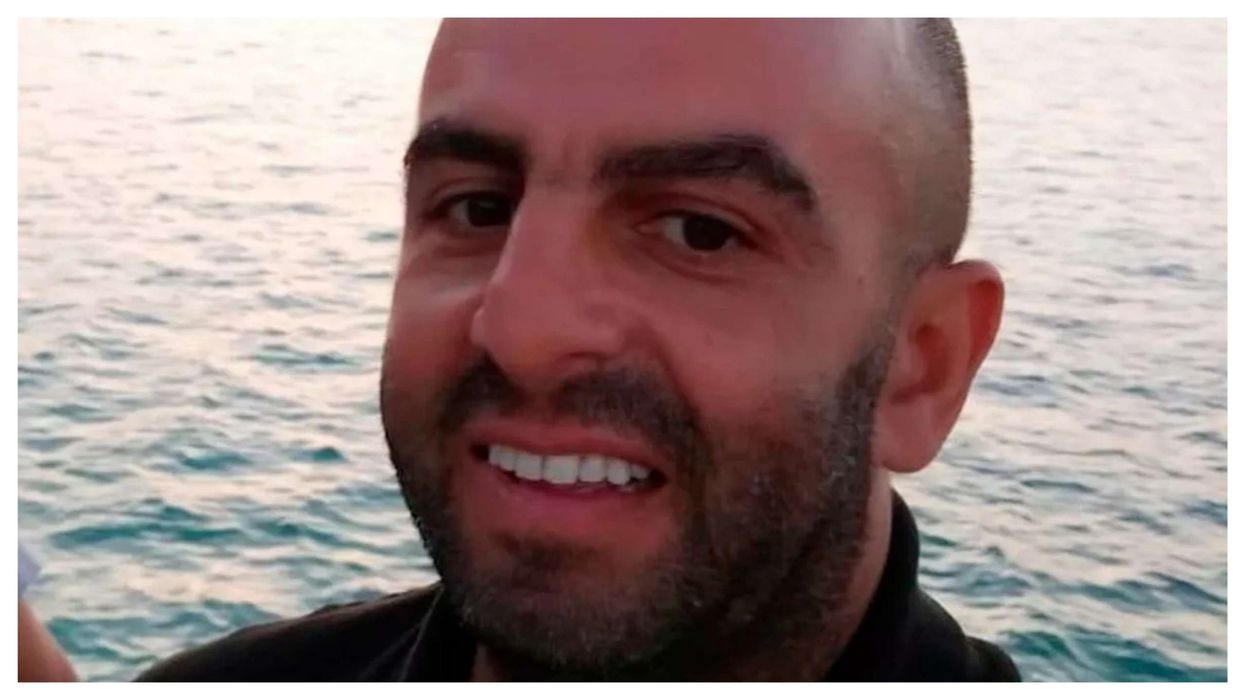By Imam Qari Asim
THE pandemic has changed life for all of us. It’s been a challenging year since coronavirus first entered our homes, but there is light at the end of the tunnel with the roll out of new vaccines.
However, we must all work together to ensure that we come through this pandemic. As a faith leader, I have been utterly humbled to see how communities have pulled together in a way that rarely makes the headlines during times of heightened fear and uncertainty.
Unfortunately, it has become apparent that some communities are wary of the vaccine because of misinformation.
The Mosques and Imams National Advisory Board (MINAB), of which I am chair, has launched a nationwide campaign with imams to raise awareness about the vaccine and debunk myths surrounding the vaccine. On Friday (15), mosques across the country will deliver a sermon in a drive to improve awareness and communication about the Covid vaccine.
Being vaccinated is not going to result in anyone being ‘tagged’. There is already an unprecedented amount of scrutiny and intrusion into our private lives with our phones, CCTV, GPS, and other technological advancements. Vaccination is not linked to an increase in the invasion of our privacy.
The Covid vaccine does not modify DNA. It uses the mRNA approach, which teaches cells in the body to make a protein that triggers a protective immune response, which protects us from getting infected. This type of vaccine does not lead to changes in the DNA or genetic changes in the vaccinated person.
There is also concern about the potential side effects of the vaccine. Every new medicine might have a long-term effect. According to an Islamic law, a person can choose a lesser harm to ward off a greater one. The concern regarding possible side effects is therefore not of sufficient strength to avoid taking the vaccine or render taking it impermissible.
With the vaccine becoming increasingly spoken about, we at MINAB are hosting a variety of webinars to highlight the critical nature of this vaccine and partnering with British Islamic Medical Association for their expert opinion. There is broad consensus among experts and Islamic scholars across the world, that because vaccines generally help to prevent the spread of a potentially deadly virus, it should be taken to save lives.
We know that BAME communities have been disproportionately affected by coronavirus, with analysis from Public Health England highlighting that once in hospital, people from BAME backgrounds were more likely to be admitted to an intensive care unit. Studies also showed BAME people accounted for 11 per cent of those hospitalised with Covid-19 but more than 36 per cent of those admitted to critical care. The vaccine is an important part of the solution.
As an imam, I am urging that misinformation is not spread and that content is challenged. To those wary of the vaccine, your individual choice and feelings are respected, but we must all stop the spread of disinformation and conspiracy theories. We do not want to fan the blames of Islamophobia and give rise to scapegoating communities as we saw during last year. It is possible that some extremist groups will exploit BAME communities even if only a few are speaking out about the dangers of the vaccine.
We will defeat the virus that has impacted us all and continue to save lives, but we can only do that together, as one society.
Imam Qari Asim MBE is chair of MINAB, senior imam at Makkah Mosque Leeds and the independent adviser to the government on the definition of Islamophobia. For more information, visit minab.org.uk













Imam says faith leaders can allay vaccine fears